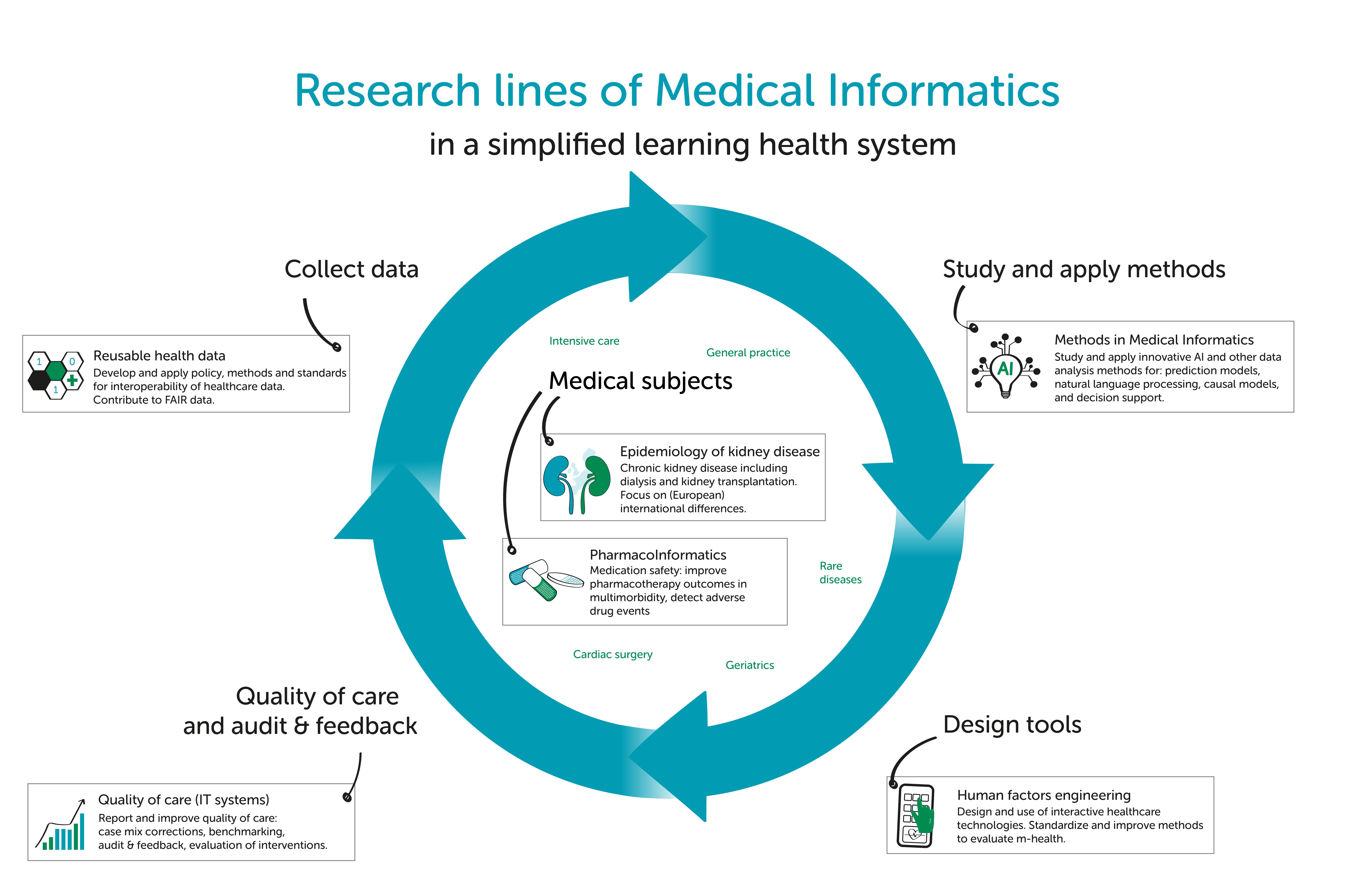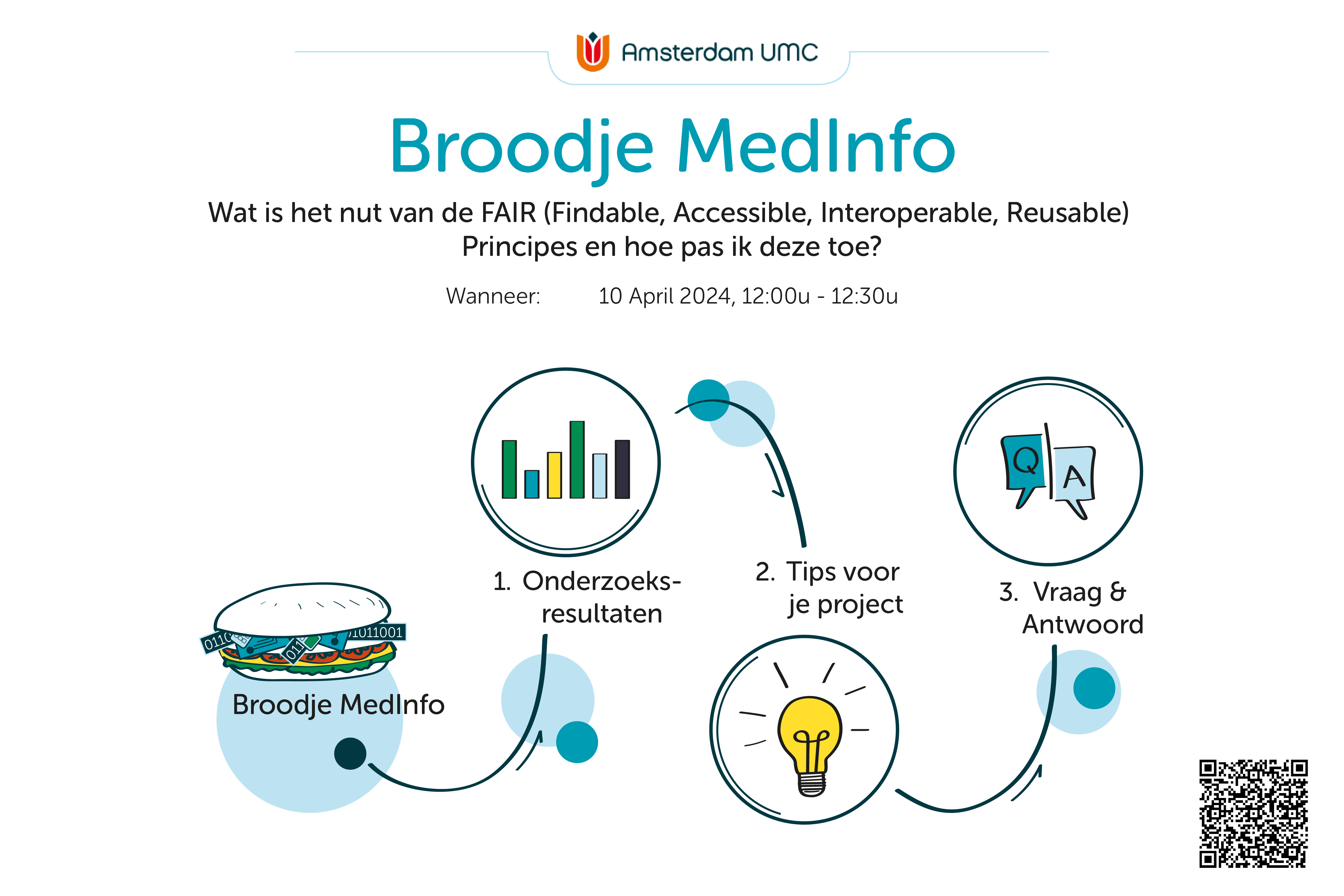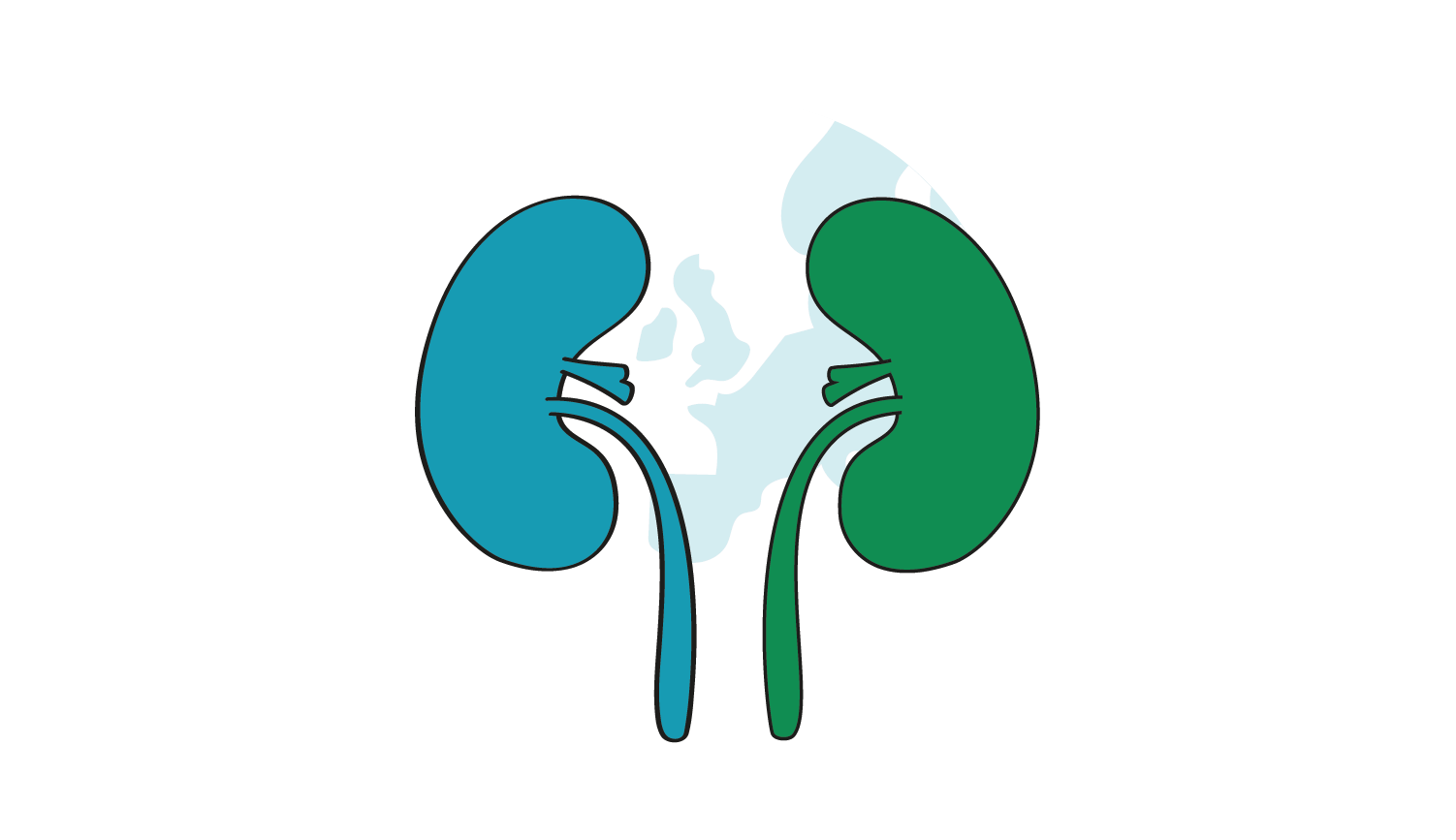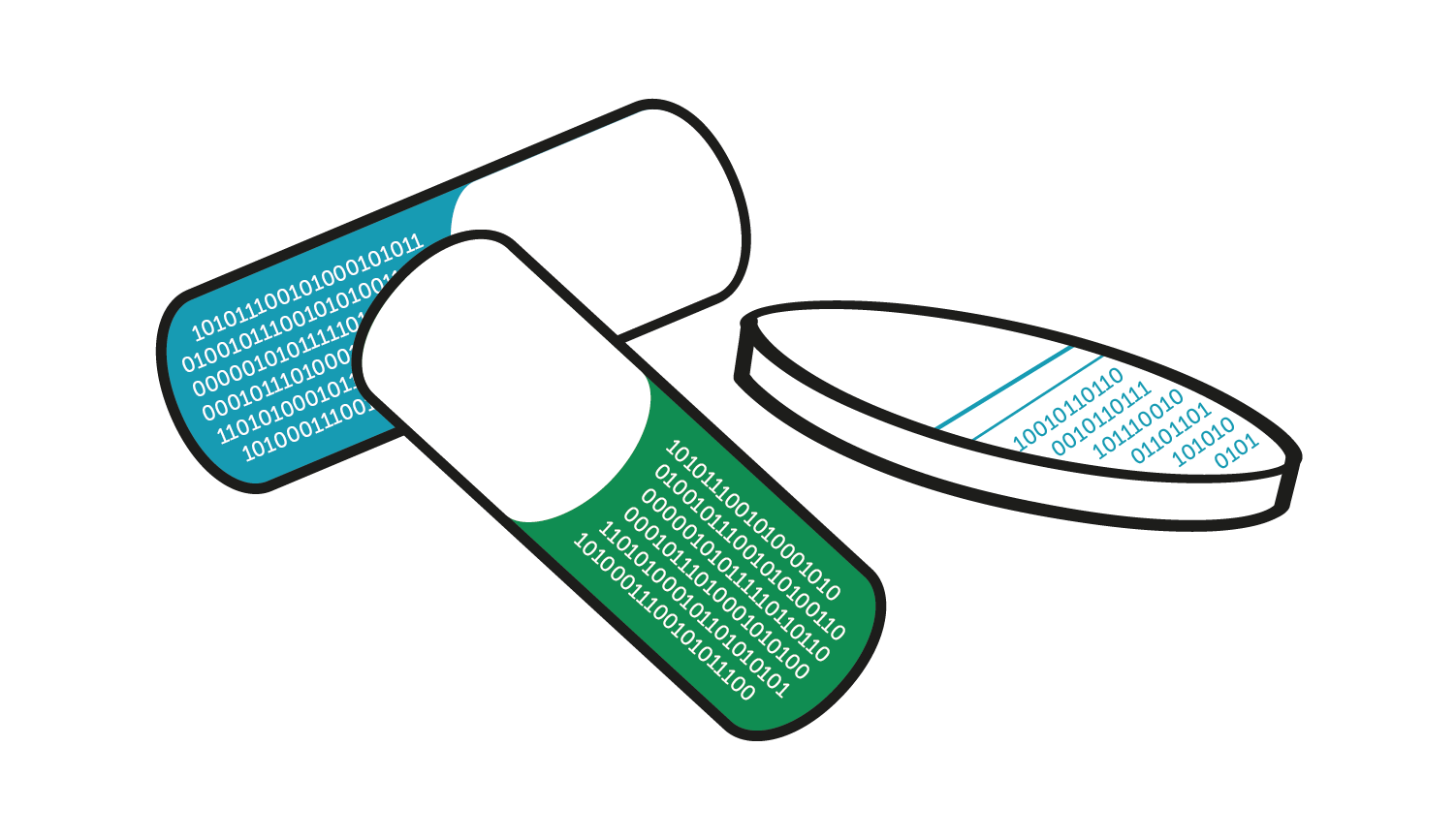Medical Informatics
Medical informatics is a scientific field on the intersection of information science, computer science, and healthcare. Employees of the department medical informatics (in Dutch: klinische informatiekunde) of Amsterdam UMC have a background in these different fields. Our goal is to enhance health and healthcare by investigating how biomedical data, information and information technology, and knowledge can be effectively utilized for scientific research, problem-solving, and decision-making.
Research lines

More information per researchline:
Registries
NICE - National Intensive Care Registry
The National Intensive Care Evaluation (NICE) maintains continuous and complete data registration from all Dutch intensive care units (ICUs) to monitor and improve the quality of ICU care. This registry offers ICUs valuable insights into potential areas for quality improvement and allows for the assessment of the effectiveness of specific interventions. The registry serves as a significant resource for conducting research that focuses on the quality of ICU care and provides outcome information to patients for informed decision-making. website NICE
ERA Registry and ESPN/ERA Registry
The ERA Registry collects demographic and clinical data on adult patients and the ESPN/ERA Registry collects these data for pediatric patients treated with renal replacement therapy (dialysis and kidney transplantation) for end-stage kidney disease via national and regional renal registries in European countries, with the aim to compare these treatments and outcomes in the different countries. More information can be found on the ERA Registry website and the ESPN/ERA Registry website.
NHR - National Heart Registration
The National Heart Registration (NHR; in Dutch: Nederlandse Hart Registratie) collects data on all cardiac interventions performed in the Netherlands. Each year, approximately 75,000 interventions are recorded in the NHR. The Registration follows patients with a heart disease through all stages of the treatment process: from the moment of diagnosis up to many years after the intervention. More information on the NHR registry (in Dutch) can be found here.
Education
Education activities of our department include the bachelor's and master's degree in Medical Informatics, education within the master's program in medicine at AMC-UvA and the postmaster's program in health informatics for professionals (completely online).














